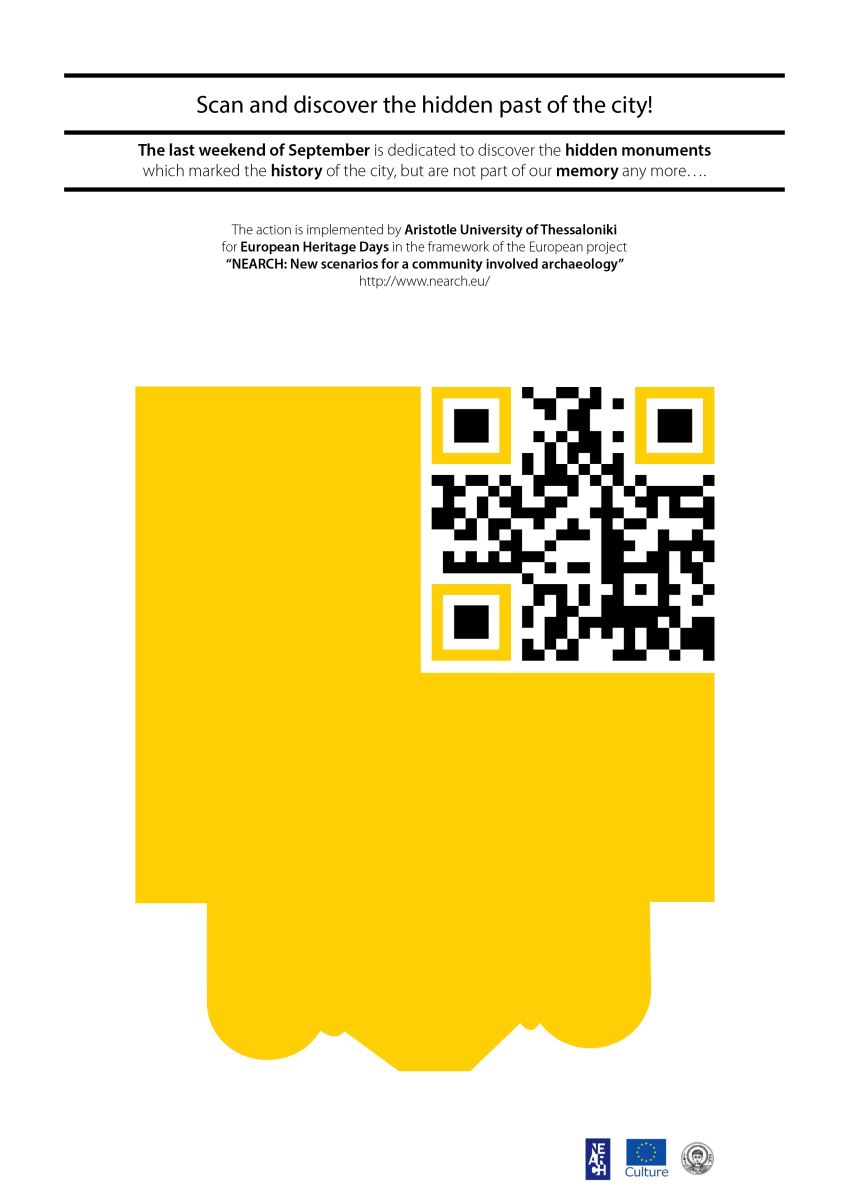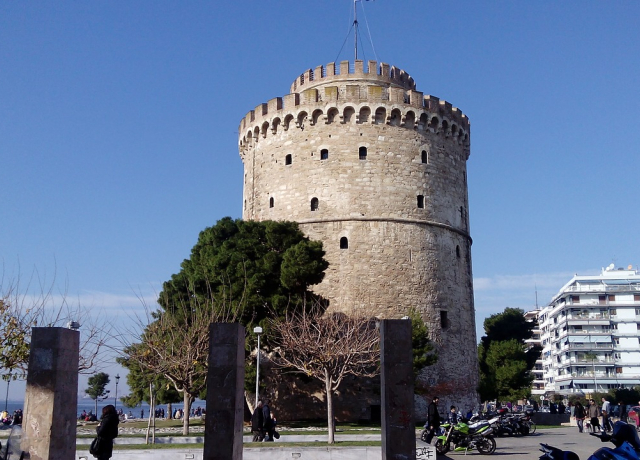Explore 7 Hidden Archaeological Sites of Thessaloniki using Mobile Phones
Explore 7 Hidden Archaeological Sites of Thessaloniki using Mobile Phones
With its widely recognised White Tower, 15 UNESCO world heritage monuments and numerous historical landmarks, Thessaloniki is justifiably known as an open Byzantine museum. Founded in 315 B.C. as one of the most important ports in the region, Thessaloniki is a home to various heritage sites dating from Byzantine, post-Byzantine and Ottoman periods. As such, Thessaloniki is an important European centre for archaeological research and a popular destination for those looking to explore the ancient history of Europe.
Although Thessaloniki offers numerous cultural programmes throughout the year, this September will be particularly exciting for both local people and tourists. During European Heritage Days in Greece, which traditionally take place on the third weekend of September, a group of archaeologists from the Aristotle University of Thessaloniki will invite people to discover seven hidden archaeological sites in the town using their mobile phones.

As announced by Eleftheria Theodoroudi, an archaeologist at the Aristotle University, a special action will be organised to promote Thessaloniki’s archaeological heritage and enable visitors to explore the city using their mobile phones. The idea is to use posters with QR codes to designate seven hidden archaeological sites of Thessaloniki and allow visitors to connect with associated databases for more information about the sites. They will be able to access relevant texts and images to better understand the historical context and value of these sites.
As suggested by Theodoroudi, the aim of the action is to reintroduce Thessaloniki’s ancient archaeological sites and “turn them into places of memory, combining them with people’s everyday life.” The initial idea for the approach that involves social media and mobile technologies was suggested in Theodoroudi’s MA thesis, while the action is supported by Nearch, a project funded by the European Commission which explores various dimensions of public participation in contemporary archaeology.
This unconventional way to explore the history and heritage of this old European city will enrich this otherwise exciting festival in Greece. Together with the country’s largest museums and various less known historic landmarks, Thessaloniki will help uncovering past traditions and places that have shaped today's European culture.
